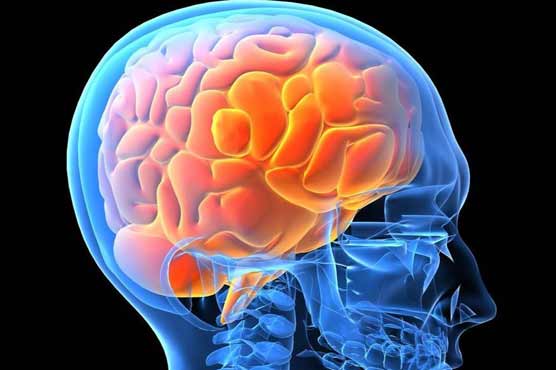Brains of addicts are inherently abnormal: study

Drug addicts have inherited abnormalities in some parts of the brain, says a new research.

Drug addicts have inherited abnormalities in some parts of the brain, says a new research.